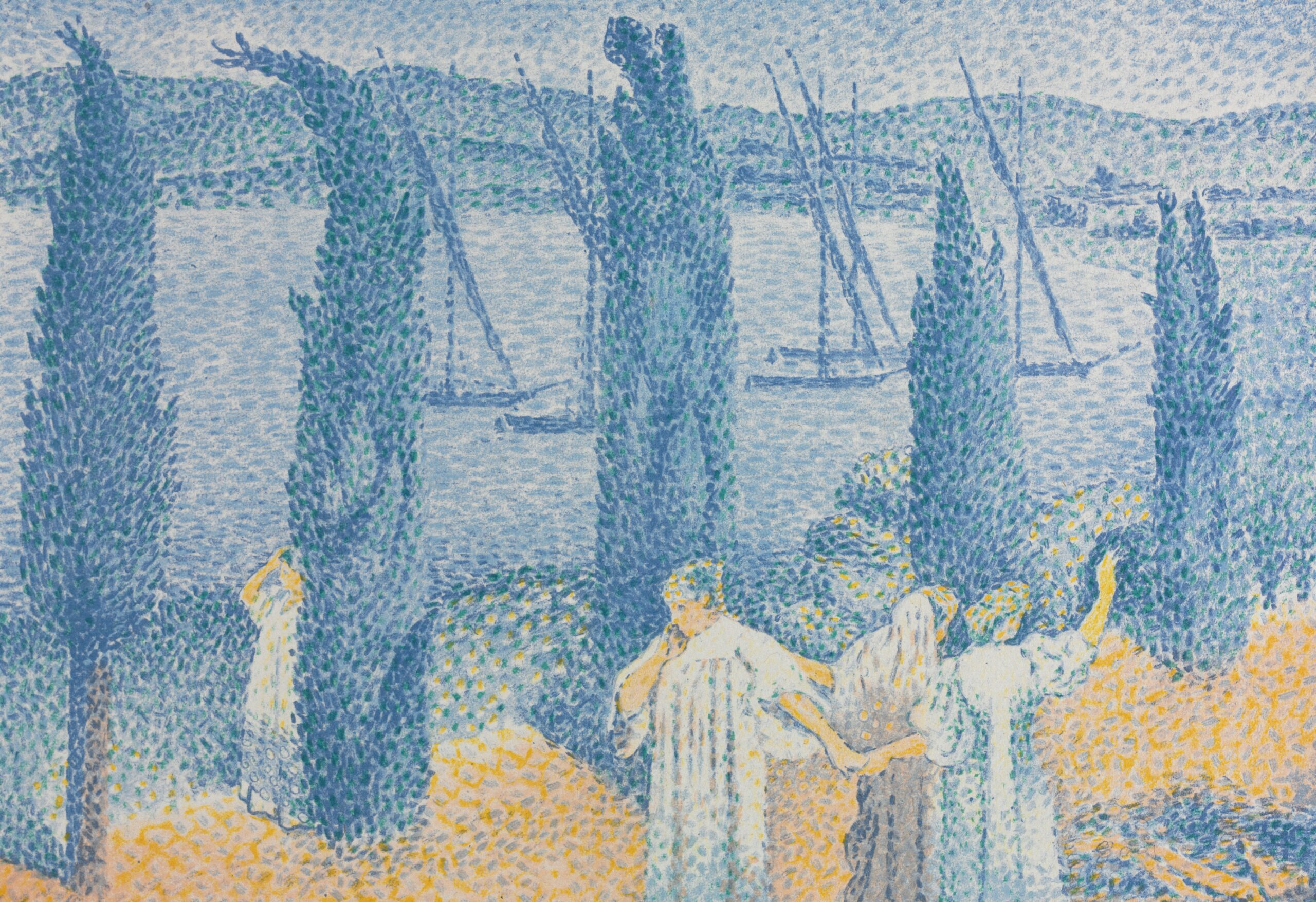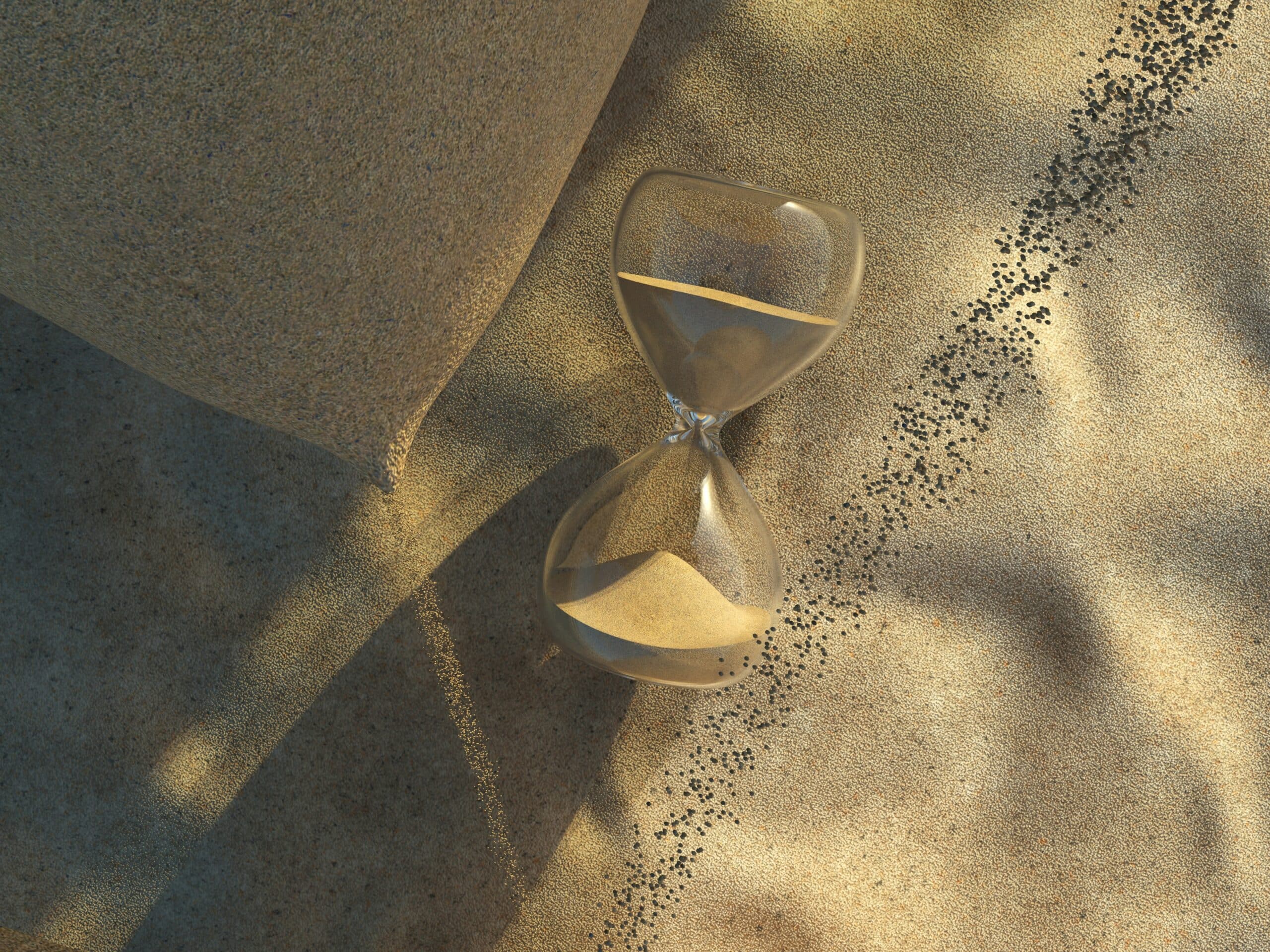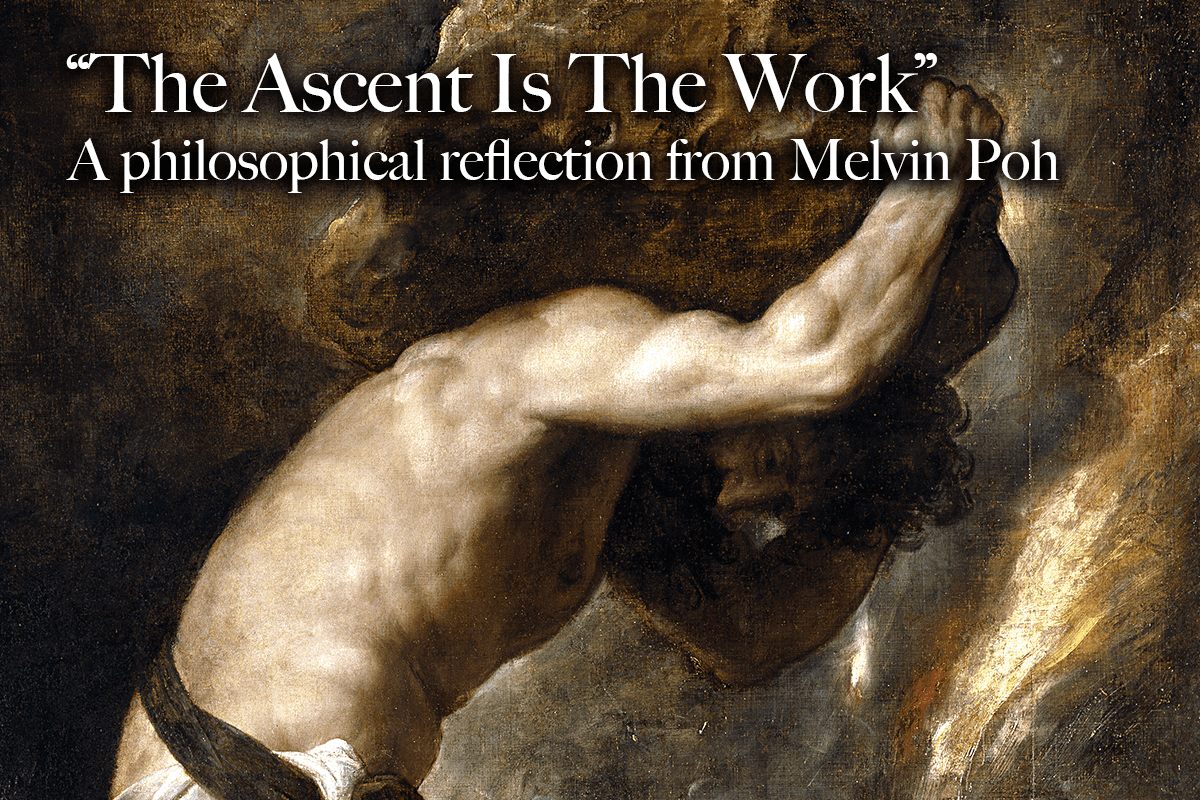
The Places We Leave Behind: A Reflection On Time
I wasn’t planning to stop. It was just another weekend stroll, another seemingly trivial moment, when something caught my eye, a place I hadn’t thought about in years.
It was an old establishment, one that had once been part of my routine. A place tied to memories, moments that felt, at the time, like they would last forever. But as I glanced at the entrance, expecting familiarity, I saw something else instead: a closure notice. The doors were locked. Things were boarded up. And in that instant, I realised something unsettling.
It wasn’t just the place that had disappeared. It was time itself.
I stood there for a moment with coffee in hand, staring at the sign, and something shifted in me. When did this happen? How long had it been closed? More importantly, how had I not noticed?
Because somewhere between my last visit and now, life had moved forward. Not just for this place, but for me. When I used to come here, I was a different person, had different thoughts, different ambitions and different worries. And yet, without realising it, without seeing it, I had changed. So much had happened in my life, but I hadn’t felt the change until this moment.
This is exactly what Marcel Proust understood about memory and time. In In Search of Lost Time, he describes how the past isn’t something we can actively recall, it’s something that returns to us unexpectedly, triggered by a detail, a taste, a scent. Proust called these involuntary memories, moments when time collapses, and we suddenly feel the weight of all the years that have passed.
To recognise that transformation isn’t something we consciously experience, it’s something we only notice when we are reminded of what used to be.
There’s something oddly beautiful about this. The way life moves forward, the way we evolve without even noticing. The way nothing stays exactly as it is, no matter how much we want it to.
And maybe that’s why moments like these, where we come face to face with change, feel so profound. They remind us that life isn’t static. That we are not the same people we were yesterday, and we won’t be the same tomorrow. That everything, our experiences, our memories, even the places we once knew, exist for a bubble in time. Just like we do.
Proust believed that memory is never an accurate replay of the past, it is a reconstruction, shaped by the present. When we look back, we aren’t seeing things as they truly were. We are seeing them through the lens of who we are now. And maybe that’s why these moments of recognition feel so powerful, because they don’t just remind us of the past. They show us how much we’ve changed.
So perhaps we should take a moment to notice. To stop in our tracks and acknowledge how far we’ve come. Not to hold onto the past, but to appreciate it. To see its echoes in who we are now. To recognise that change isn’t something to fear, but something to embrace.
Because life is always in motion. And sometimes, it takes losing a place we once knew to realise just how much we’ve grown.



